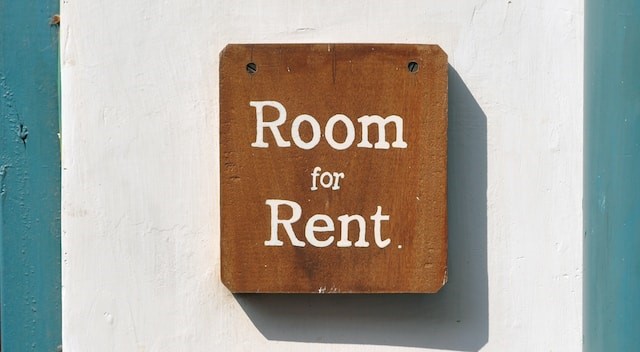As the popularity of short-term rentals continues to rise, the City of Toronto has implemented regulations to govern this booming industry. One of the fundamental aspects of these regulations is the concept of a “principal residence.” Understanding what this means and how it affects your ability to operate a short-term rental in Toronto is essential for both homeowners and renters alike.
What is Your Principal Residence?
Your principal residence is the place where you primarily live, and it’s the address you use for various purposes, including bills, identification, taxes, and insurance. In the context of short-term rentals, it’s crucial to note that you can only have one principal residence at any given time. This means you cannot legally run more than one short-term rental property within the city.
Whether you own a house, rent an apartment, or reside in a condominium, you can engage in short-term rentals as long as you ensure that your condominium board or landlord allows for such activities.
Understanding Rental Limits
The City of Toronto has established specific rental limits based on your principal residence:
1. Room Rentals: You can rent up to three bedrooms in your principal residence for an unlimited number of nights per year. This means you have flexibility in hosting guests in your home.
2. Entire Home Rentals: If you choose to rent out your entire home, you are limited to a maximum of 180 nights per year. This restriction is in place to maintain a balance between short-term and long-term housing availability in residential neighborhoods.
Location Matters
To comply with the city’s regulations, your home must be located in a residential area within Toronto. This ensures that short-term rentals are consistent with the character of the neighborhood and do not disrupt the community’s tranquility. Other cities would have different by-law or no regulations setup yet. You must refer to your corresponding city website for more information.
What is Municipal Accommodation Tax for Short-Term Rental?
Short-term rental operators are obligated to register with the City and are responsible for collecting and remitting a Municipal Accommodation Tax (MAT) of six percent (6%) on the total rental amount.
Condominium Short-Term Rental
For those residing in condominiums, engaging in short-term rentals is permissible if your condominium unit serves as your primary residence. However, it’s crucial to be aware that certain condominium corporations may enforce their own bylaws concerning short-term rentals, which could include prohibitions. It is incumbent upon you to familiarize yourself with and adhere to the regulations established by your condominium association.
Compliance and Responsibility
As a homeowner or renter in Toronto, it’s crucial to comply with these regulations to avoid potential penalties. Always check with your condominium board, landlord, or property management to ensure that short-term rentals are allowed in your building or residence.
Understanding the concept of a principal residence and the associated regulations will help you navigate the world of short-term rentals in Toronto while ensuring that your hosting activities are legal and in harmony with the city’s goals of maintaining housing stability and community well-being.
References
https://www.toronto.ca/community-people/housing-shelter/short-term-rentals/




